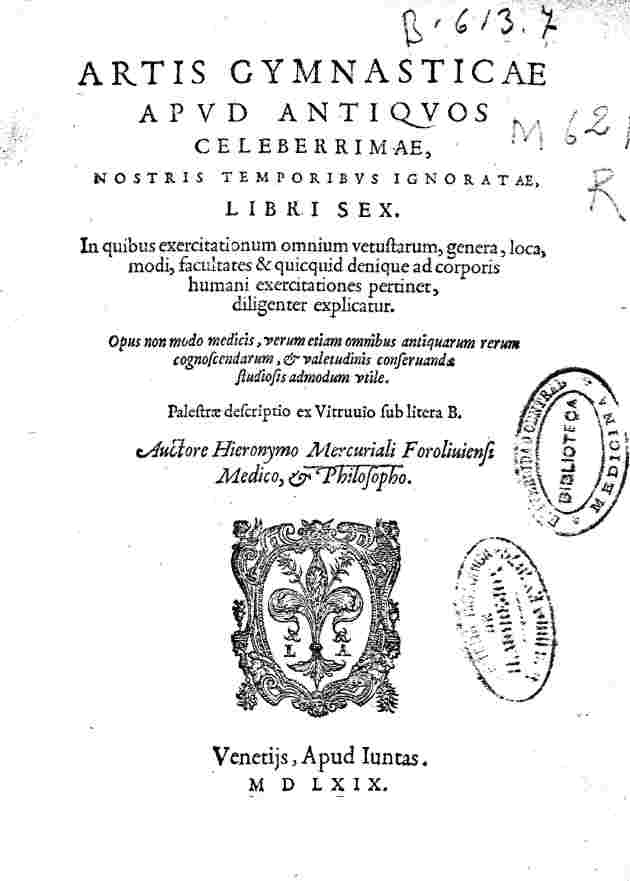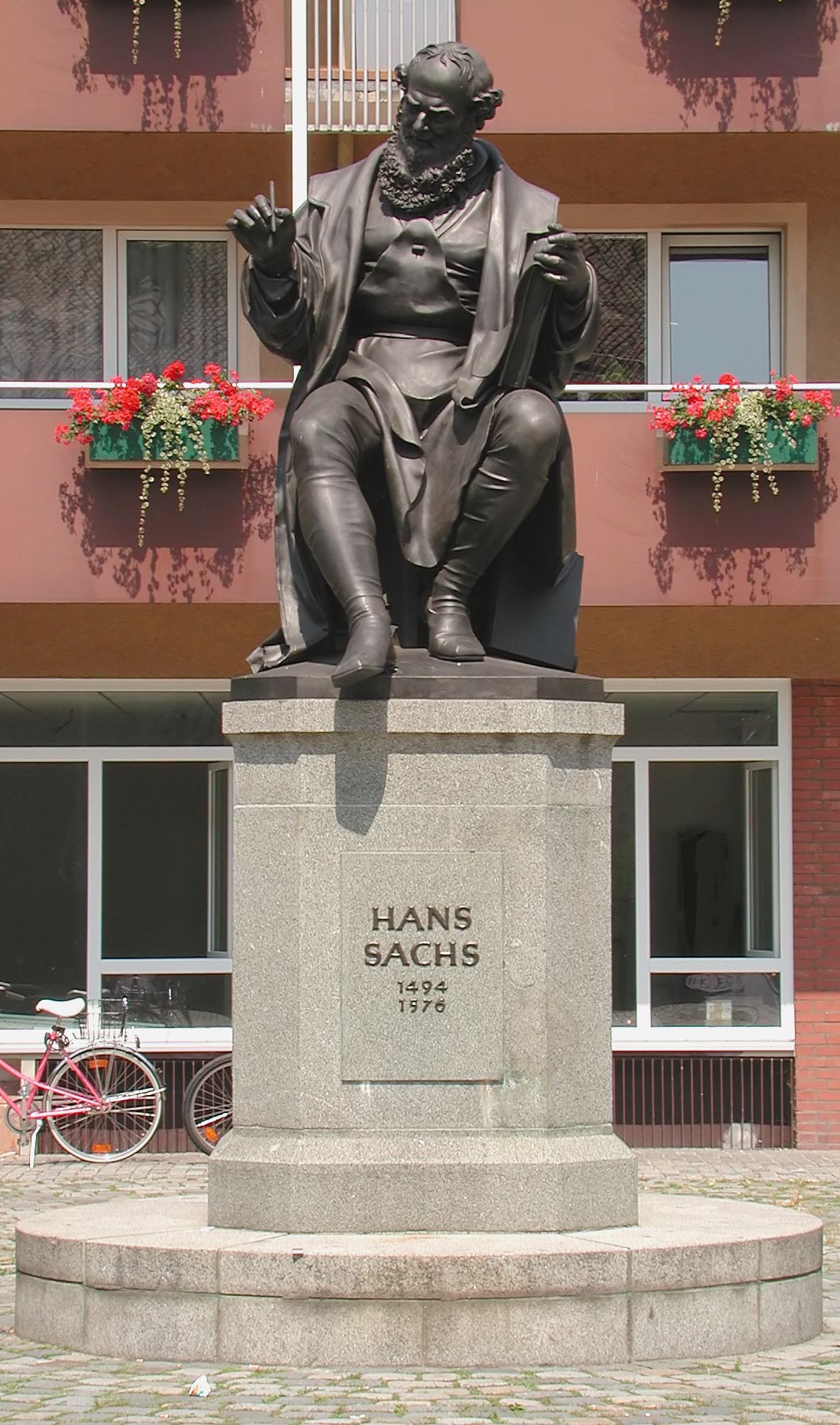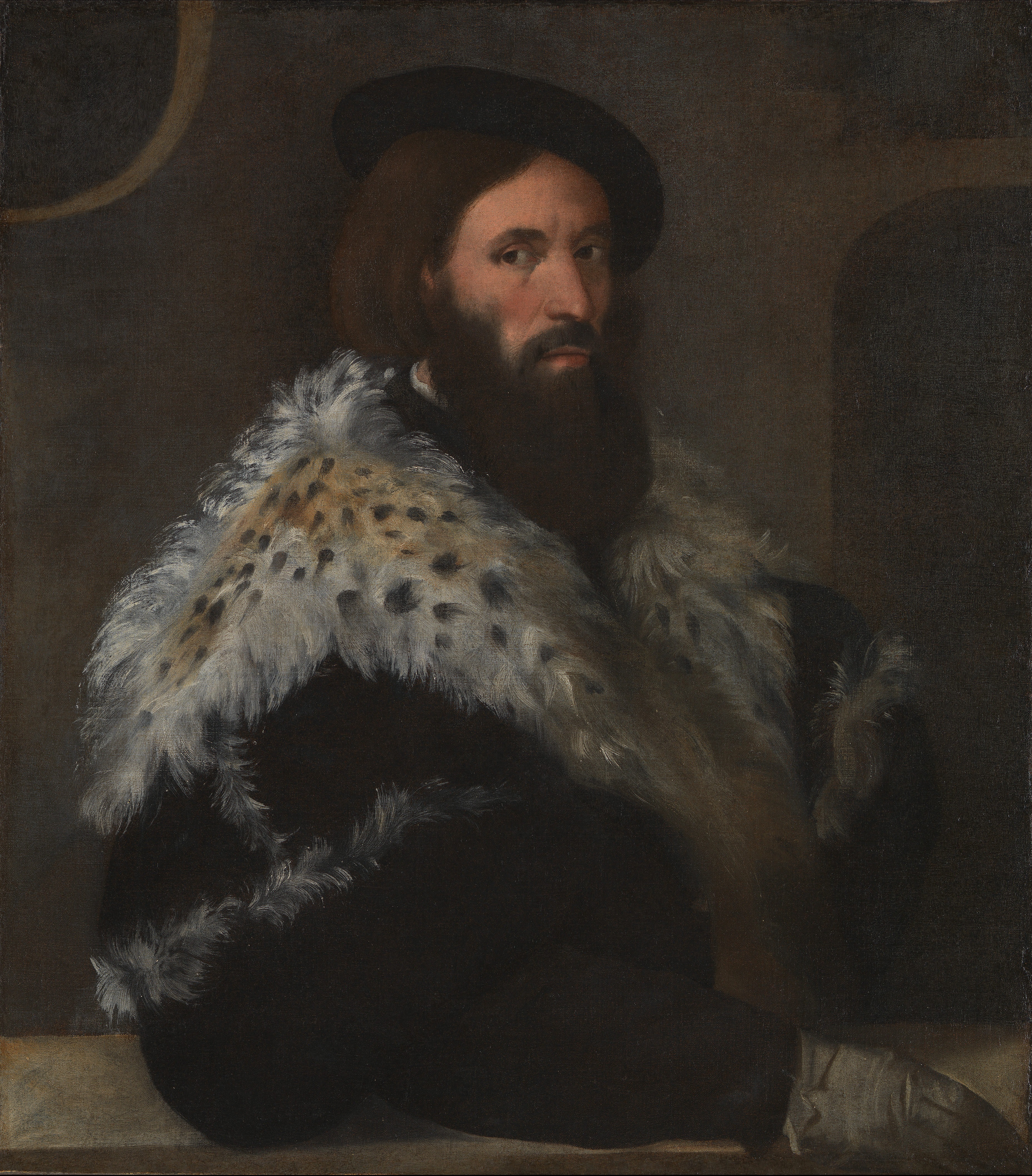|
1530 In Literature
This article contains information about the literary events and publications of 1530. Events *January – The first printed translation of the Torah into English, by William Tyndale, is published in Antwerp for distribution in Britain. *May – The Tyndale Bible is publicly burned in England as heretical. *''unknown dates'' ** First complete edition of the 'Zürich Bible', Huldrych Zwingli's translation into German printed by Christoph Froschauer, is published. **An edition of Desiderius Erasmus's ''Paraphrasis in Elegantiarum Libros Laurentii Vallae'' is the first book to use the Roman type, Roman form of the Garamond typeface cut by Claude Garamond. **Paracelsus finishes writing ''Paragranum'' and leaves Nuremberg. **This is the earliest likely date for first printing of the Middle English tail-rhyme chivalric romance ''Sir Isumbras'' and of ''Sir Lamwell''. New books Prose *Otto Brunfels – ' (third part: 1536) *Erasmus – ''A handbook on manners for children'' (''De Civili ... [...More Info...] [...Related Items...] OR: [Wikipedia] [Google] [Baidu] |
Sir Isumbras
''Sir Isumbras'' is a medieval metrical romance written in Middle English and found in no fewer than nine manuscripts dating to the fifteenth century. This popular romance must have been circulating in England before 1320, because William of Nassyngton, in his work '' Speculum Vitae'', which dates from this time, mentions feats of arms and other 'vanities', such as those found in stories of Sir Guy of Warwick, Bevis of Hampton, Octavian and Sir Isumbras.Hudson, Harriet. 1996. Unlike the other three stories, the Middle English ''Sir Isumbras'' is not a translation of an Old French original. Sir Isumbras is a proud knight who is offered the choice of happiness in his youth or his old age. He chooses the latter, and falls from his high estate by the will of Providence. He is severely stricken; his possessions, his children and, lastly, his wife, are taken away; and he himself becomes a wanderer. After much privation he trains as a blacksmith, learning to forge anew his armour, and h ... [...More Info...] [...Related Items...] OR: [Wikipedia] [Google] [Baidu] |
Girolamo Mercuriale
Girolamo Mercuriale or Mercuriali ( it, Geronimo Mercuriali; la, Hieronymus Mercurialis, Hyeronimus Mercurialis) (September 30, 1530 – November 8, 1606) was an Italian philologist and physician, most famous for his work ''De Arte Gymnastica''. Biography Born in the city of Forlì, the son of Giovanni Mercuriali, also a doctor, he was educated at Bologna, Padua and Venice, where he received his doctorate in 1555. Settling in Forli, he was sent on a political mission to Rome. The pope at the time was Paul IV. In Rome, he made favorable contacts and had free access to the great libraries where, with sweeping enthusiasm, he studied the classical and medical literature of the Greeks and Romans. His studies of the attitudes of the ancients toward diet, exercise, and hygiene and the use of natural methods for the cure of disease culminated in the publication of hi''De Arte Gymnastica''Venice, 1569). With its explanations concerning the principles of physical therapy, it is consider ... [...More Info...] [...Related Items...] OR: [Wikipedia] [Google] [Baidu] |
August 2
Events Pre-1600 *338 BC – A Macedonian army led by Philip II defeated the combined forces of Athens and Thebes in the Battle of Chaeronea, securing Macedonian hegemony in Greece and the Aegean. *216 BC – The Carthaginian army led by Hannibal defeats a numerically superior Roman army at the Battle of Cannae. *49 BC – Caesar, who marched to Spain earlier in the year leaving Marcus Antonius in charge of Italy, defeats Pompey's general Afranius and Petreius in Ilerda (Lerida) north of the Ebro river. * 461 – Majorian is arrested near Tortona (northern Italy) and deposed by the Suebian general Ricimer as puppet emperor. * 932 – After a two-year siege, the city of Toledo, in Spain, surrenders to the forces of the Caliph of Córdoba Abd al-Rahman III, assuming an important victory in his campaign to subjugate the Central March. * 1274 – Edward I of England returns from the Ninth Crusade and is crowned King seventeen days later. * 1343 &nda ... [...More Info...] [...Related Items...] OR: [Wikipedia] [Google] [Baidu] |
1601 In Literature
This article contains information about the literary events and publications of 1601. Events *January 1 – The "Paul's Boys", a children's drama group, perform at the English royal court. * January 6 – The Children of the Chapel give their first theatrical performance at the English court since 1584: ''Liberality and Prodigality'', by an unknown dramatist. *January 21 – Tirso de Molina enters the monastery of San Antolín at Guadalajara, Spain. *February 7 – The Lord Chamberlain's Men stage a performance of Shakespeare's '' Richard II'' at the Globe Theatre in London. The performance is specially commissioned (at a 40-shilling bonus) by the plotters in the Earl of Essex's rebellion of the following day. The plotters hope that the play, depicting the overthrow of a reigning monarch, will influence the public mood in their favour. The plot fails. * February 17 – Actor Augustine Phillips, a member of the Lord Chamberlain's Men, is deposed by the Privy Council of Englan ... [...More Info...] [...Related Items...] OR: [Wikipedia] [Google] [Baidu] |
Claude Fauchet (historian)
Claude Fauchet (3 July 1530 – January 1602) was a sixteenth-century France, French historian, antiquary, and pioneering Romance languages, romance philologist. Fauchet published the earliest printed work of literary history in a vernacular language in Europe, the ''Recueil de l'origine de la langue et poësie françoise'' (1581). He was a high-ranking official in the governments of Charles IX of France, Charles IX, Henry III of France, Henri III, and Henry IV of France, Henri IV, serving as the president of the ''Cour des monnaies.'' Early life He was born in Paris, to Nicole Fauchet, ''procureur au Grand Châtelet, Châtelet'', and Geneviève Audrey, granddaughter of Jacques III De Thou. His mother was also connected through her daughter from an earlier marriage to the Godefroy family. Fauchet was thus closely connected by birth to the world of the Paris Parlement. Fauchet studied at the University of Paris before taking his degree in civil law at the University of Orléan ... [...More Info...] [...Related Items...] OR: [Wikipedia] [Google] [Baidu] |
July 3
Events Pre-1600 * 324 – Battle of Adrianople: Constantine I defeats Licinius, who flees to Byzantium. * 987 – Hugh Capet is crowned King of France, the first of the Capetian dynasty that would rule France until the French Revolution in 1792. * 1035 – William the Conqueror becomes the Duke of Normandy, reigns until 1087. 1601–1900 * 1608 – Québec City is founded by Samuel de Champlain. * 1754 – French and Indian War: George Washington surrenders Fort Necessity to French forces. * 1767 – Pitcairn Island is discovered by Midshipman Robert Pitcairn on an expeditionary voyage commanded by Philip Carteret. * 1767 – Norway's oldest newspaper still in print, ''Adresseavisen'', is founded and the first edition is published. * 1775 – American Revolutionary War: George Washington takes command of the Continental Army at Cambridge, Massachusetts. * 1778 – American Revolutionary War: Iroquois allied to Britain kill 360 pe ... [...More Info...] [...Related Items...] OR: [Wikipedia] [Google] [Baidu] |
Hans Sachs
Hans Sachs (5 November 1494 – 19 January 1576) was a German ''Meistersinger'' ("mastersinger"), poet, playwright, and shoemaker. Biography Hans Sachs was born in Nuremberg (). As a child he attended a singing school that was held in the church of Nuremberg. This helped to awaken in him a taste for poetry and music.2009 Jean Henri Merle D'Aubign, History of the Great Reformation of the Sixteenth Century in Germany, Switzerland. General Books His father was a tailor. He attended Latin school () in Nuremberg Nuremberg ( ; german: link=no, Nürnberg ; in the local East Franconian dialect: ''Nämberch'' ) is the second-largest city of the German state of Bavaria after its capital Munich, and its 518,370 (2019) inhabitants make it the 14th-largest ... . When he was 14 he took up an apprenticeship as a shoemaker. After the apprenticeship, at age 17, he was a journeyman and set out on his Journeyman years (''Wanderjahre'' or ''Walz''), that is, travelling about with companion ... [...More Info...] [...Related Items...] OR: [Wikipedia] [Google] [Baidu] |
Girolamo Fracastoro
Girolamo Fracastoro ( la, Hieronymus Fracastorius; c. 1476/86 August 1553) was an Italian physician, poet, and scholar in mathematics, geography and astronomy. Fracastoro subscribed to the philosophy of atomism, and rejected appeals to hidden causes in scientific investigation. His studies of the mode of syphilis transmission are an early example of epidemiology. Life Fracastoro was born in Verona, Republic of Venice and educated at Padua where at the age of 19 he was appointed professor at the university. On account of his eminence in the practice of medicine, he was elected physician of the Council of Trent. A bronze statue was erected in his honor by the citizens of Padua, while his native city commemorated their great compatriot with a marble statue. He lived and practised in his hometown. In 1546 he proposed that epidemic diseases are caused by transferable tiny particles or "spores" that could transmit infection by direct contact, indirect contact, or even without contac ... [...More Info...] [...Related Items...] OR: [Wikipedia] [Google] [Baidu] |
Pietro Bembo
Pietro Bembo, ( la, Petrus Bembus; 20 May 1470 – 18 January 1547) was an Italian scholar, poet, and literary theorist who also was a member of the Knights Hospitaller, and a cardinal of the Roman Catholic Church. As an intellectual of the Italian Renaissance ( 15th–16th c.), Pietro Bembo greatly influenced the development of the Tuscan dialect as a literary language for poetry and prose, which, by later codification into a standard language, became the modern Italian language. In the 16th century, Bembo's poetry, essays and books proved basic to reviving interest in the literary works of Petrarch. In the field of music, Bembo's literary writing techniques helped composers develop the techniques of musical composition that made the madrigal the most important secular music of 16th-century Italy. Life Pietro Bembo was born on 20 May 1470 to an aristocratic Venetian family. His father Bernardo Bembo (1433–1519) was a diplomat and statesman and a cultured man who cared for ... [...More Info...] [...Related Items...] OR: [Wikipedia] [Google] [Baidu] |
John Heywood
John Heywood (c. 1497 – c. 1580) was an English writer known for his plays, poems, and collection of proverbs. Although he is best known as a playwright, he was also active as a musician and composer, though no musical works survive. A devout Catholic, he nevertheless served as a royal servant to both the Catholic and Protestant regimes of Henry VIII, Edward VI, Mary I and Elizabeth I. Life Heywood was born in 1497, probably in Coventry, and moved to London some time in his late teens. He spent time studying at Broadgates Hall (now Pembroke College), Oxford, but did not obtain a degree. His language skills can be seen by his adaptation of his play Johan Johan from the French ''La Farce du paste''. His name first appears in the King Henry VIII's Household Books in 1519 as a 'synger', a job for which he received quarterly payments of 100 shillings. In 1521 he began receiving annual rents from lands in Essex, lands recently seized by the crown which made Heywood wealthy and ... [...More Info...] [...Related Items...] OR: [Wikipedia] [Google] [Baidu] |
Henry Medwall
Henry Medwall (8 September 1462 – c.1501/2?) was the first known English vernacular dramatist. '' Fulgens and Lucrece'' (c.1497), whose heroine must choose between two suitors, is the earliest known secular English play. The other play of Medwall is titled ''Nature''. He stayed at the court of Cardinal Morton, Chancellor in the time of Henry VII. Life Born in 1462, he was educated at Eton College from 1475, at age 13, and was admitted to King's College, Cambridge in 1480. He left King's in 1483. Under Henry VII he acted as a notary, and acquired a civil law degree. With a living at Balinghem in English Calais, he is assumed to have worked for John Morton at Lambeth Palace. He vanishes from the record after 1501. Works ''Fulgens and Lucrece'' is based on a Latin work by Buonaccorso da Montemagno. The other work of Medwall's that is extant is ''Nature''.''Nature: a goodly interlude of Nature pylyd by mayster Henry Medwall, chapleyn to the ryght reverend father in god Johan Mo ... [...More Info...] [...Related Items...] OR: [Wikipedia] [Google] [Baidu] |




